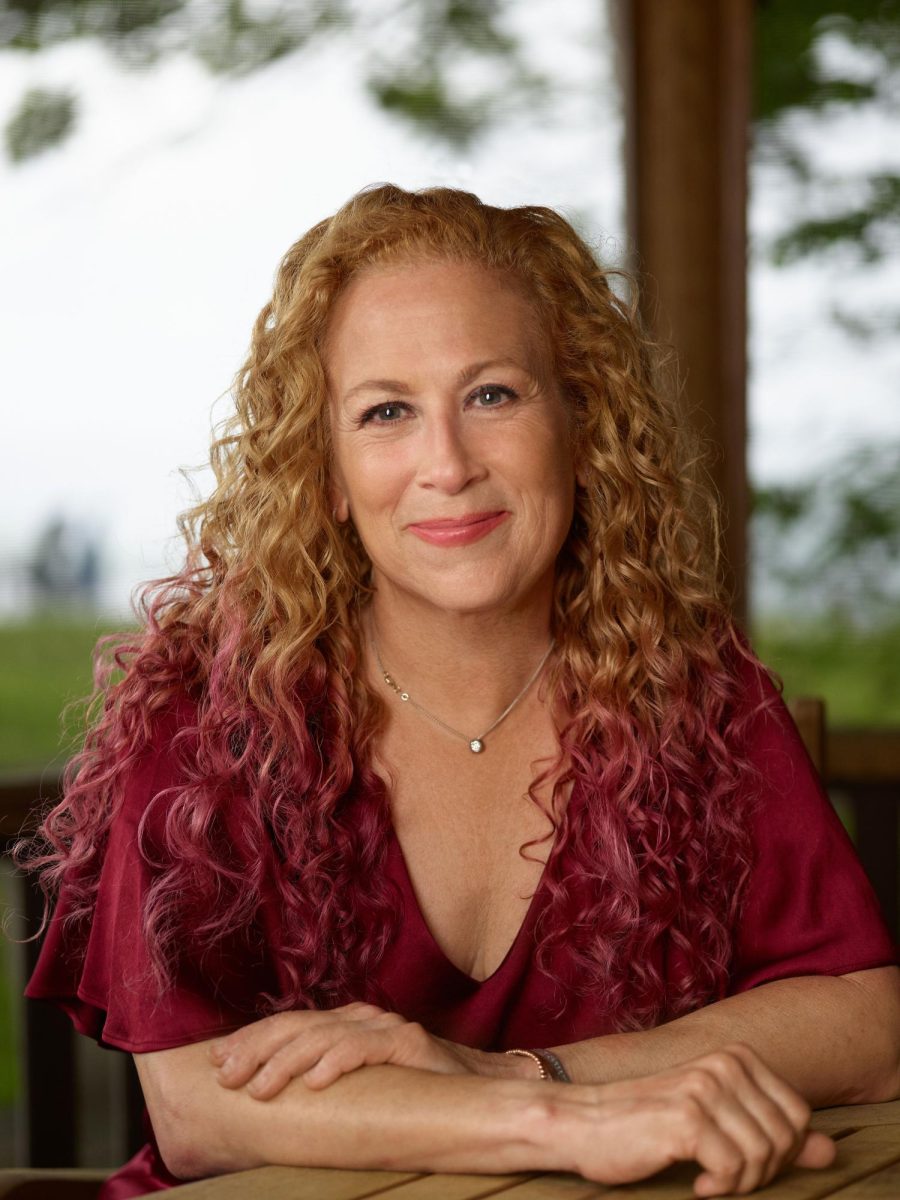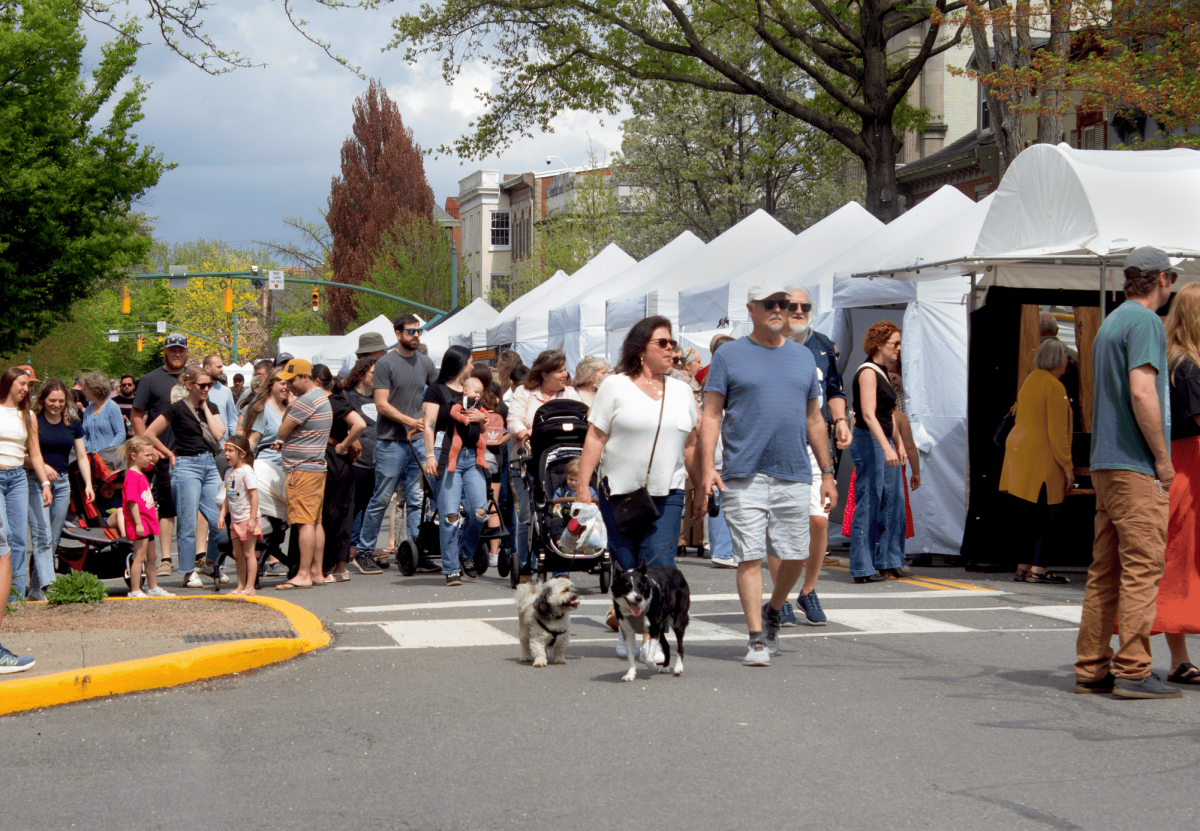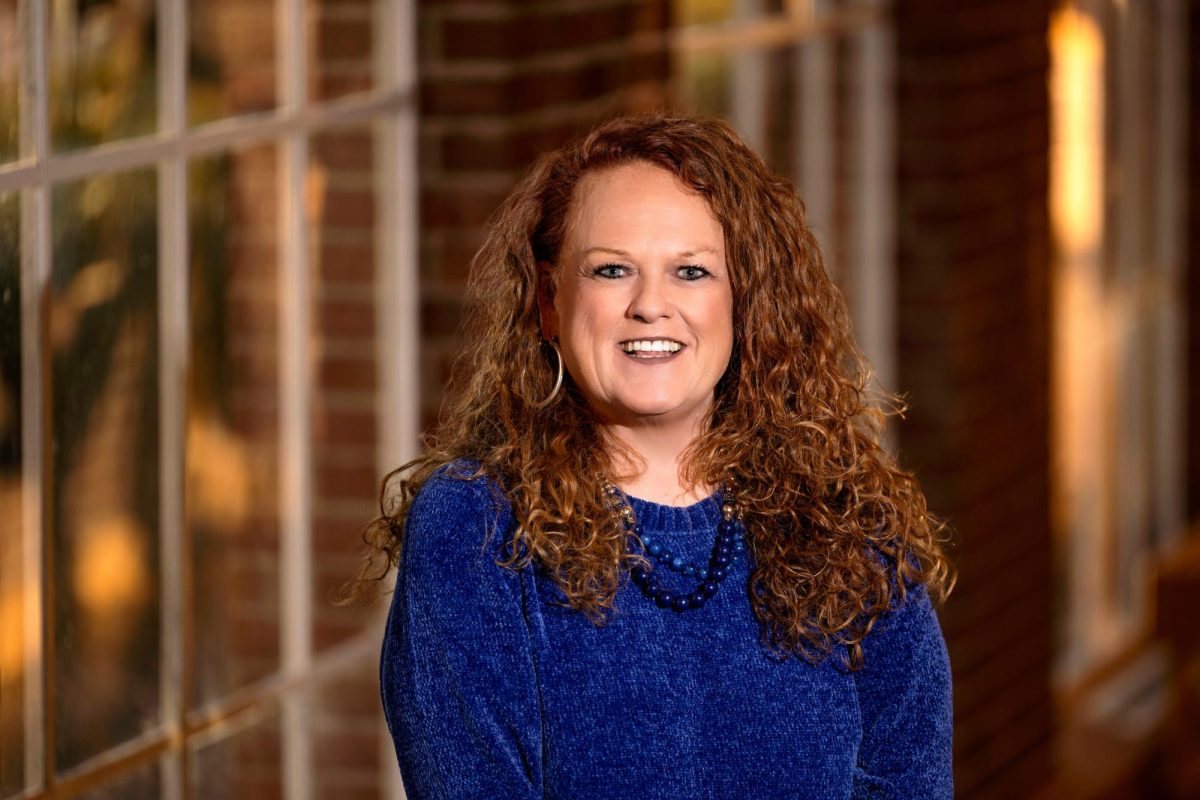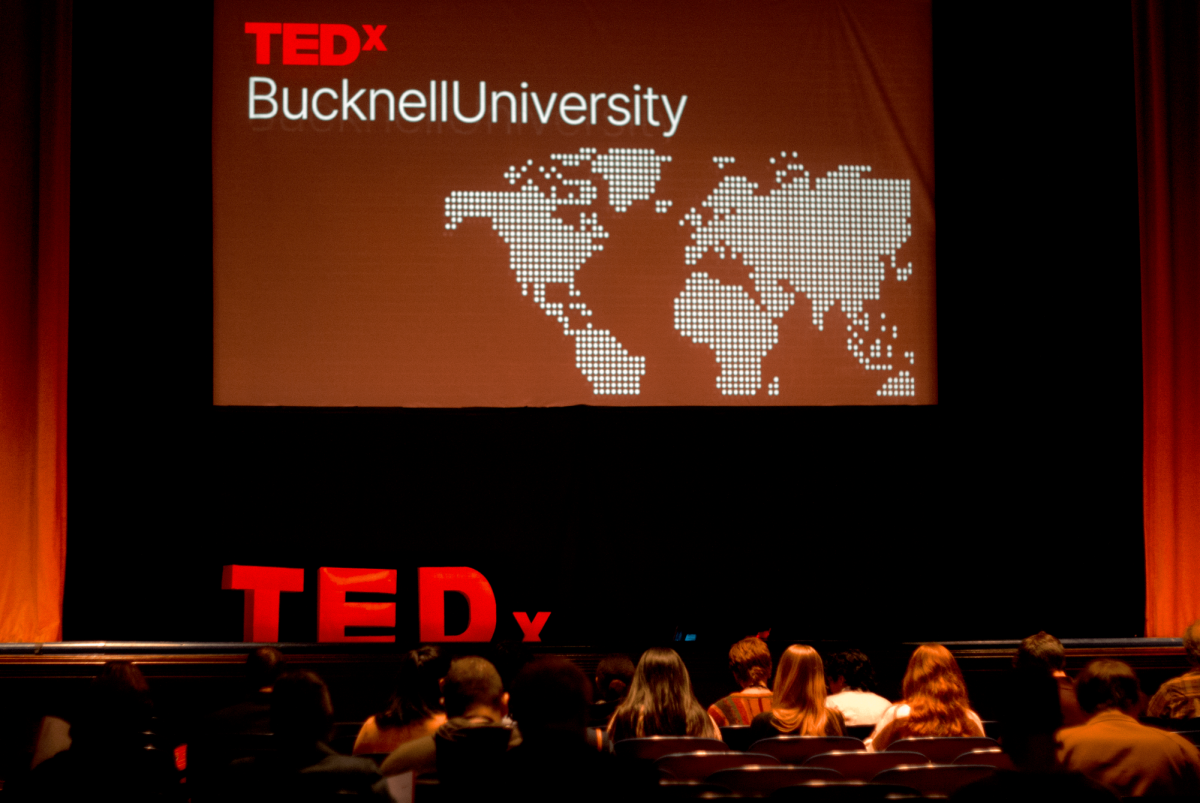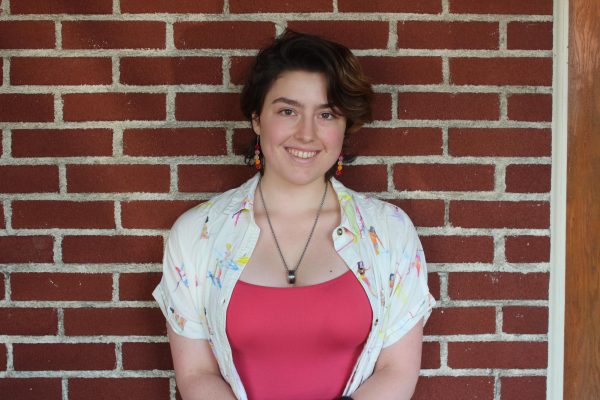As first of the three installments in the Bucknell Forum 2023-24 “Freedom of Expression” series continuing on this semester, award-winning activist and bestselling author Jodi Picoult took to the Weis Center stage this past Tuesday in a moderated talk with President John Bravman. A packed crowd of students, faculty, and Lewisburg locals sat with rapt attention—and at times, laughter—as the Bucknell President asked questions of Picoult, who gave witty and insightful replies in turn.
Picoult, who in the past thirty years has released 28 books, including 2022 bestseller “Mad Honey”, spent surprisingly little time discussing her career trajectory and progress in the publishing industry. Instead, she chose to concentrate her answers on the subject of the book-banning hysteria sweeping the United States in recent months.
Book banning does not have a detached significance for Picoult— 20 of her books are banned in Martin County, Florida, and just last week, her novel “Between the Lines” was added to the list. So, she’s well aware of just how impactful these “historically unprecedented levels” of banning can be.
Publishing as an industry has changed a lot since Picoult’s first literary foray in 1992, but she feels strongly that authors, especially authors “like [her]”—of privileged standing, who will not lose as much readership or respect in the industry as a result of their skin color or orientation—should speak out because of their position in the proverbial trenches of this conflict. Picoult herself is not financially impacted by the banning of her books, but many first-time authors or those with smaller reader bases are, which, Picoult reasons, stands only to lessen the pool of creatives able to contribute their stories to the world. The slide toward blind banning of so-called “mature content,” with no “vetting process,” as Picoult put it, is “dangerous” as nobody has ever defined what “mature content” is, so it looks to her like a banning free-for-all.
In terms of whose stories are told, Picoult is adamant that she never step on the toes of a writer who “can tell their story better than [she] ever could.” She does, however, try to use her platform for good, and writes largely about “things that keep [her] up at night,” issues she feels are important to today’s culture. Questions of limiting “objectionable” literature—ie., subjects that some may feel should not be written about—are based, for Picoult, around “who decides what is objectionable,” not how objectionability is decided. The decontextualization of material and eventual sanitization of whole periods of history and content are of more concern to her. Picoult repeatedly emphasized that to truly be successful, we must learn from history, not “get rid of it” and deprive young adults and children of accurate understanding.
For kids with no access to any resources other than a public school library, where most of these book bans are currently in effect, Picoult is even more concerned. “We need to step up now before it’s too late,” she said, in the name of those kids who have no other source of learning than a school environment—a place that’s supposed to be free and safe. “There’s nothing wrong with keeping track of your own student’s education. The problem is keeping track of someone else’s student,” Picoult summarized of parental control and governmental overreach.
As part of a community of authors and creatives, Picoult expressed dissatisfaction. “We’re frustrated,” she admitted. “It’s easier [for others] to coalesce around hate than [it is for authors] to coalesce around […] freedom of expression.” A very small minority is very loud (about 11 people are responsible for 60% of book bans in the United States), and it seems like they’re drowning out valuable works of art in favor of empty shelves and narrative control.
But it’s not all bad news. Picoult’s publisher, Random House, was the first to initiate a lawsuit against her book bans, and a judge recently ruled in her and several other authors’ favor in a related case in Iowa.
And to those who feel otherwise, and ask Picoult why she writes about some subjects and not others that they’d like better, Picoult has only one answer: “You don’t have to read my books.”
Jodi Picoult recommends visiting www.pen.org/action to help in the fight to unban books across America.
The next speaker for the Bucknell Forum’s “Freedom of Expression” series will be author, journalist, and activist George M. Johnson on Feb. 27th in Trout Auditorium.



















